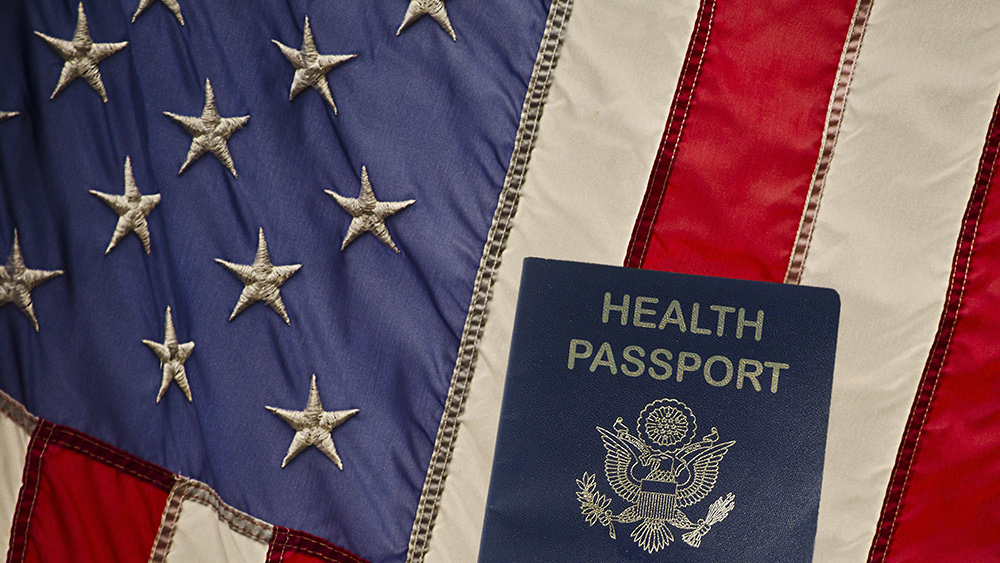Are your hormones causing hair loss?
09/09/2019 / By Melissa Smith

Does your hair seem a lot thinner lately? Or are you losing strands of hair often? It could be your hormones. Modern life and stress – be it physical, mental, and hormonal – can disrupt key hormones that protect your hair. Listed below are the main hormone imbalances associated with hair loss.
Testosterone
Testosterone is the key hormone involved in male pattern hair loss. Dihydrotestosterone (DHT) is a specific type of testosterone that appears to be the cause of hair loss. Having too much of this testosterone can cause hair follicles to shrink and involute.
Remedy: You can reduce your DHT levels by eating more foods rich in fiber, such as fruits, vegetables, and whole grains.
Thyroid hormone
Also referred to as the “master metabolism” hormone, the thyroid hormone is probably the worst culprit behind hair loss, especially in women. Having low levels of this hormone, a condition known as hypothyroidism, can cause brittle nails, dry skin, fatigue, and hair loss.
Remedy: You can fight hypothyroidism by eating thyroid-rich foods, such as seaweed with iodine, green vegetables, and iron-rich foods like nuts. If you are still low in thyroid, you can take an iron supplement.
Insulin
Hyperinsulinemia, a condition characterized by high insulin levels, can cause polycystic ovary syndrome (PCOS), which is a very common endocrine abnormality in women. Its symptoms include hair loss, weight gain, and acne. However, even men with hyperinsulinemia also suffer from hair loss. High insulin levels also cause more fat storage and estrogen production. These can trigger hair loss in men indirectly.
Remedy: Reduce your sugar intake to less than 50 g per day. You can also try intermittent fasting for balancing blood sugar.
Estrogen
Another common cause of hair loss is estrogen imbalance. Many women experience a spike in estrogen levels during pregnancy and then a decline after giving birth. This is also true for menopausal women when their estrogen levels start declining. Having too much of this hormone can also cause hair loss.
Remedy: Eat more fiber-rich foods like fruits and vegetables. Excess estrogen can bind to fiber and be excreted from the body. You can also achieve estrogen balance by reducing your use of plastics and products that contain endocrine disruptors like parabens and phthalates. These products are commonly found in cosmetics, pharmaceutical drugs, and personal care products.
Other ways to balance hormones and fight hair loss
In addition to the foods mentioned above, taking supplements like magnesium, omega-3, and vitamin D. Hormone adaptogens like ashwagandha and rhodiola also help fight hormonal imbalance.
Taking ginseng can also promote hair growth by stimulating hair follicles. Ginsenosides, the active compounds of ginseng, are said to be responsible for its hair benefits. (Related: Hair loss in women – Support hormones and stop inflammation.)
Making healthy lifestyle changes also helps relieve stress which causes hormonal imbalance and hair loss. You can start by trying to get at least seven hours of sleep at night. Massaging your scalp also helps relieve stress and tension, as well as restore hair growth. You can also apply essential oils to your hair and scalp to promote hair growth and reduce hair loss. Some essential oils that are great for the hair include coconut oil, rosemary oil, geranium oil, and lemon oil.
Sources include:
Submit a correction >>
Tagged Under:
alternative medicine, Endocrine disruptors, estrogen, hair health, hair loss, hormonal imbalance, hormone balance, hormones, insulin, natural cures, prevention, remedies, stress, Testosterone, thyroid hormones
This article may contain statements that reflect the opinion of the author
RECENT NEWS & ARTICLES
COPYRIGHT © 2017 NATURAL MEDICINE NEWS





















